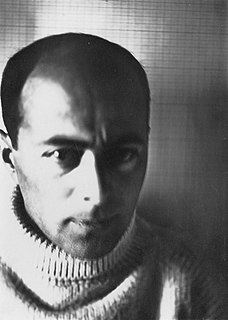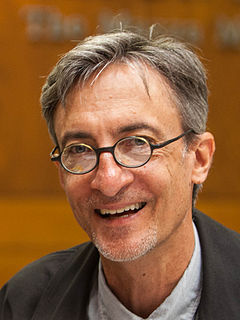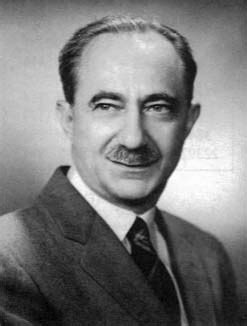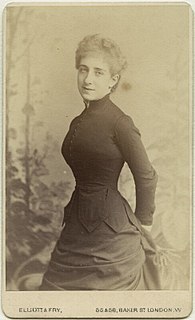A Quote by Ameen Rihani
Old Arabic books, printed in Bulaq, generally have a broad margin wherein a separate work, independent of the text, adds gloom to the page.
Related Quotes
If I'm very drunk, I can improvise. But generally speaking, no. Generally speaking, almost all of my work is material that was first done on the printed page. And the shorter ones that you might call poems, I had a stretch from '79, '80, for five or six years, where I wrote a lot of poetry as such. Simply because I was asked to.
Our amended Constitution is the lodestar for our aspirations. Like every text worth reading, it is not crystalline. The phrasing is broad and the limitations of its provisions are not clearly marked. Its majestic generalities and ennobling pronouncements are both luminous and obscure. This ambiguity of course calls forth interpretation, the interaction of reader and text. The encounter with the Constitutional text has been, in many senses, my life's work.
WIDE, the margin between carte blanche and the white page. Nevertheless it is not in the margin that you can find me, but in the yet whiter one that separates the word-strewn sheet from the transparent, the written page from the one to be written in the infinite space where the eye turns back to the eye, and the hand to the pen, where all we write is erased, even as you write it. For the book imperceptibly takes shape within the book we will never finish. There is my desert.






































